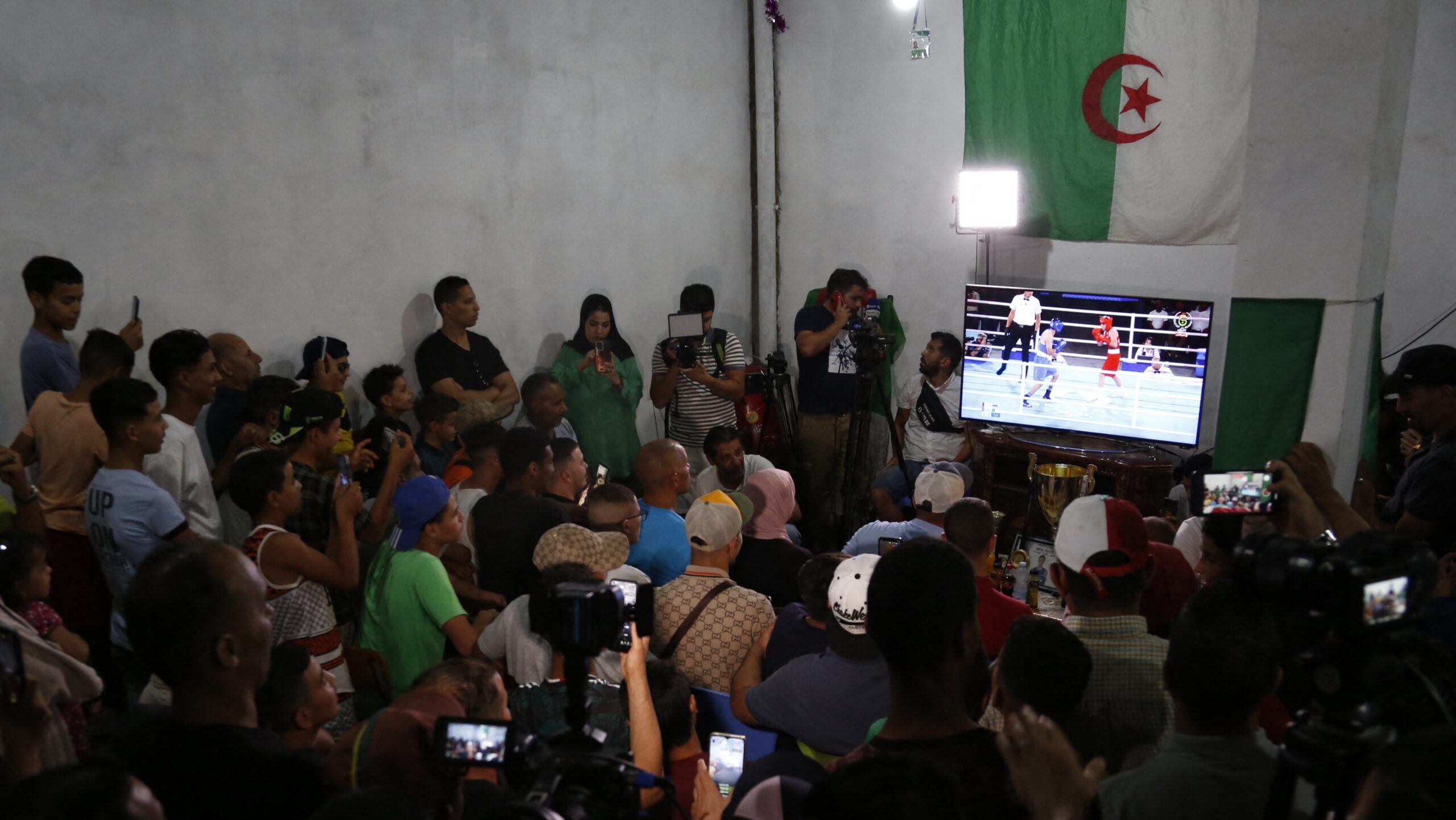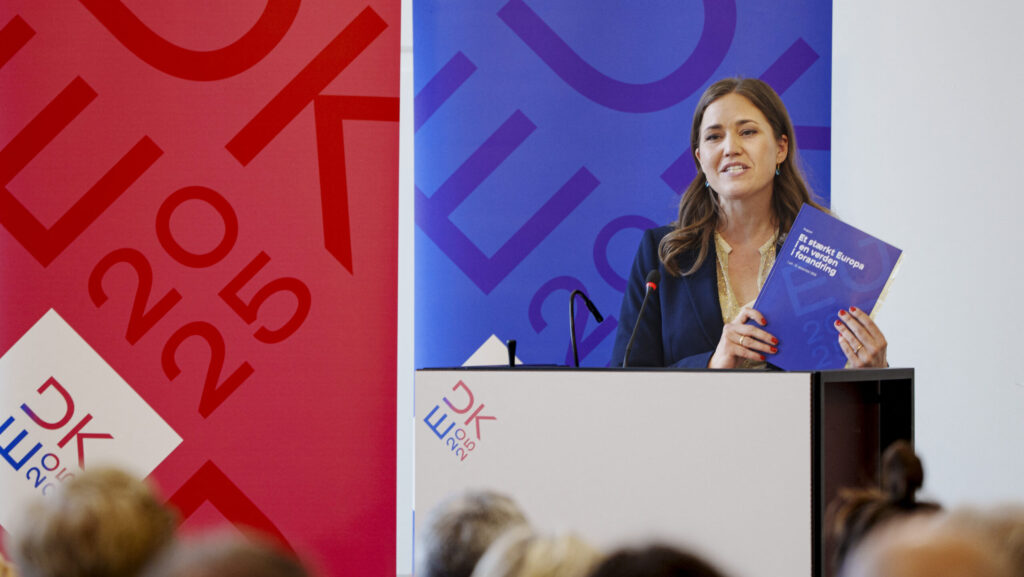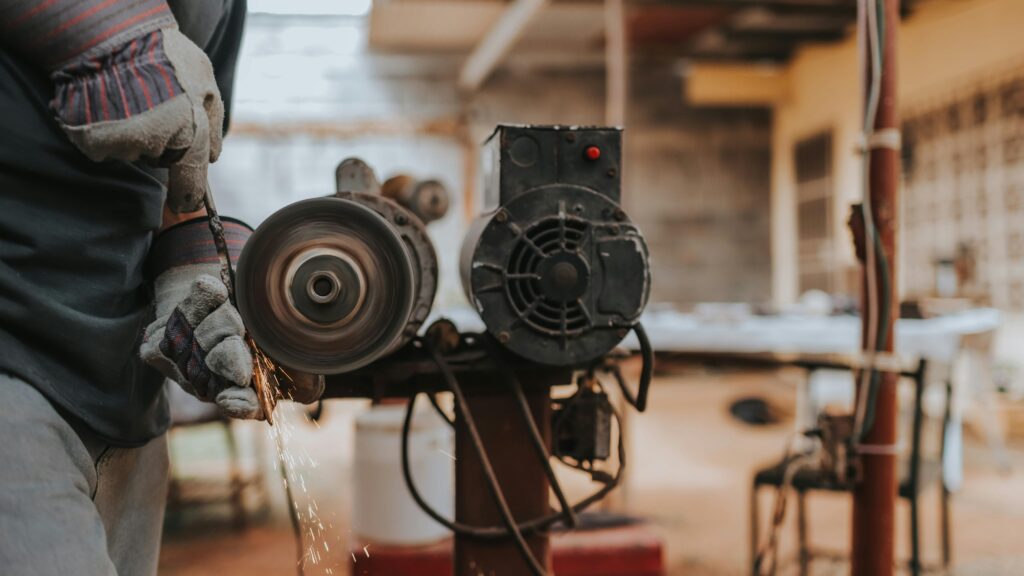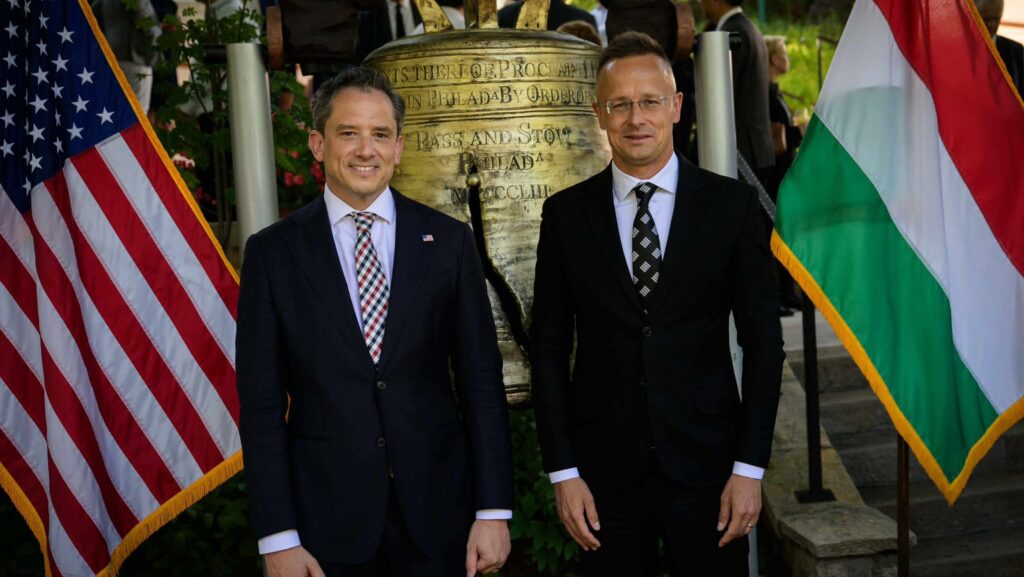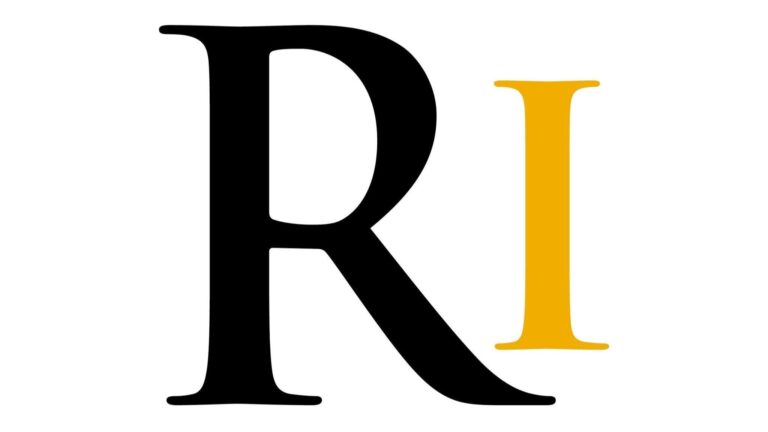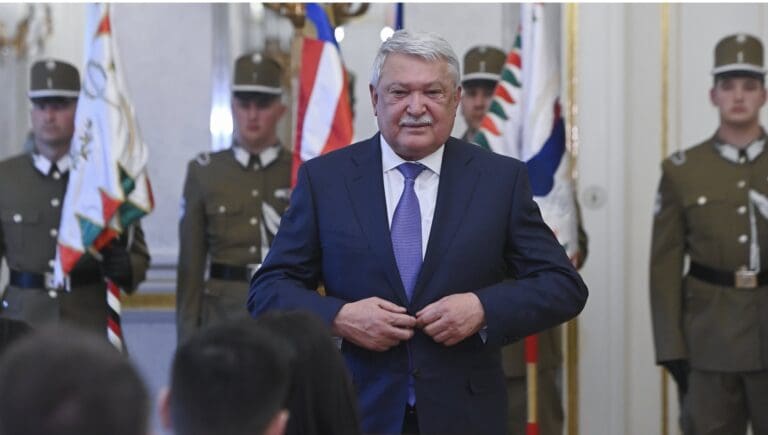According to a recent survey by the Opinio Institute, published by Magyar Nemzet, the majority of Hungarians (60 per cent) believe that the International Olympic Committee (IOC) made a bad decision by allowing Algerian boxer Imane Khelif to compete in the Paris Olympics. Only 17 per cent support the IOC’s decision, while a further 23 per cent are undecided on the issue. Among graduates, the proportion of those who reject the decision is lower (46 per cent), but even among them, there is a clear majority against Imane Khelif’s participation (27 per cent).
As reported by Hungarian Conservative, Khelif’s attendance at the 2024 Paris Olympics has caused significant controversy due to her physique, movement, and strength, which are considered much more masculine than those of her fellow competitors. Khelif is one of two boxers, along with Lin Yu-ting of Taiwan, allowed to compete in the women’s tournament despite being excluded from last year’s World Championships by the International Boxing Association (IBA) for failing to comply with gender eligibility criteria. IBA President Umar Kremlev explained that a test performed on the two athletes indicated that they have XY chromosomes, characteristic of biological males, thus disqualifying them as women. However, the IOC has allowed them to compete in the Olympics.
As the summary of the survey shows, the vast majority of Hungarian society (90 per cent) have heard about Imane Khelif’s case at least from headlines, and 48 per cent say they have researched the issue in more detail. The proportion of men who claim to be aware of the details is slightly higher than average (54 per cent) among those who follow the Olympics more closely, and significantly higher (71 per cent) among graduates.
Hungarian society is divided on the question of the appropriate course of action for intersex athletes.
A relative majority (32 per cent) believe that a specific, multi-criteria approach should be applied in such cases, while 30 per cent think that a simple, transparent rule (e.g., testosterone levels) would be more suitable. Nineteen per cent would base the decision on the specific sport, and 16 per cent would restrict athletes like Imane Khelif to the men’s field. Only a narrow minority of three per cent would allow them to compete in the women’s field by default.
The heated debate in Hungarian public life is seen as damaging by a majority (44 per cent), while only a minority (26 per cent) believe it has helped clarify the situation. Among those aged 16–19, the view that the debate helped clarity is more popular (42 per cent), whereas among graduates, the proportion of those who think it was harmful because it reinforced existing prejudices is particularly high (62 per cent).
Khelif competed in the women’s 66 kg category, where her first opponent was the Italian Angela Carini, who withdrew after 40 seconds. Carini claimed she had quit to ‘save her life’ when the Algerian boxer hit her so hard she could not breathe. Khelif’s next opponent was Luca Hámori of Hungary, a match the Algerian won by unanimous decision. Before the match, the Hungarian Olympic Committee (HOC) emphasized in its statement that while it respects the IOC’s rules, it stands firmly for gender equality and fair competition for female athletes. The committee reiterated its commitment to protecting the rights and interests of Hungarian Olympians, continuously examining legal avenues to ensure Luca Hámori’s right to a fair competition.
Khelif’s participation in the Olympics caused significant outcry from conservatives worldwide, with Elon Musk, Donald Trump, and J.K. Rowling among others speaking out against the Algerian boxer.
The director of the Algerian Olympic and Sports Committee made antisemitic remarks earlier while defending Khelif, stating that ‘the Zionist lobby’ was behind the attacks on the athlete.
Khelif will face her Chinese opponent, Yang Liu, in the final on Friday.
Read more on the subject:

